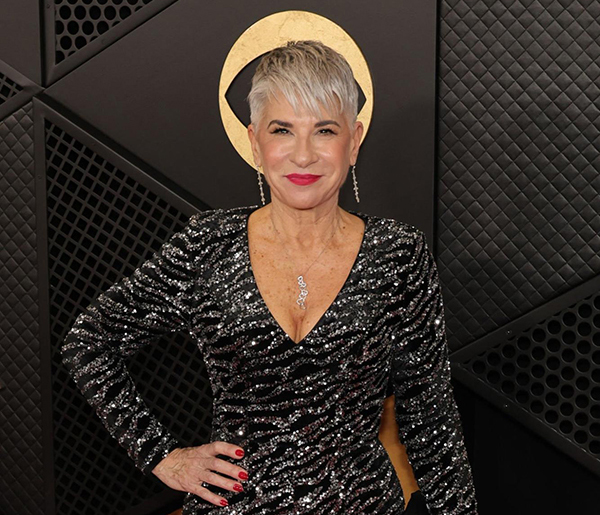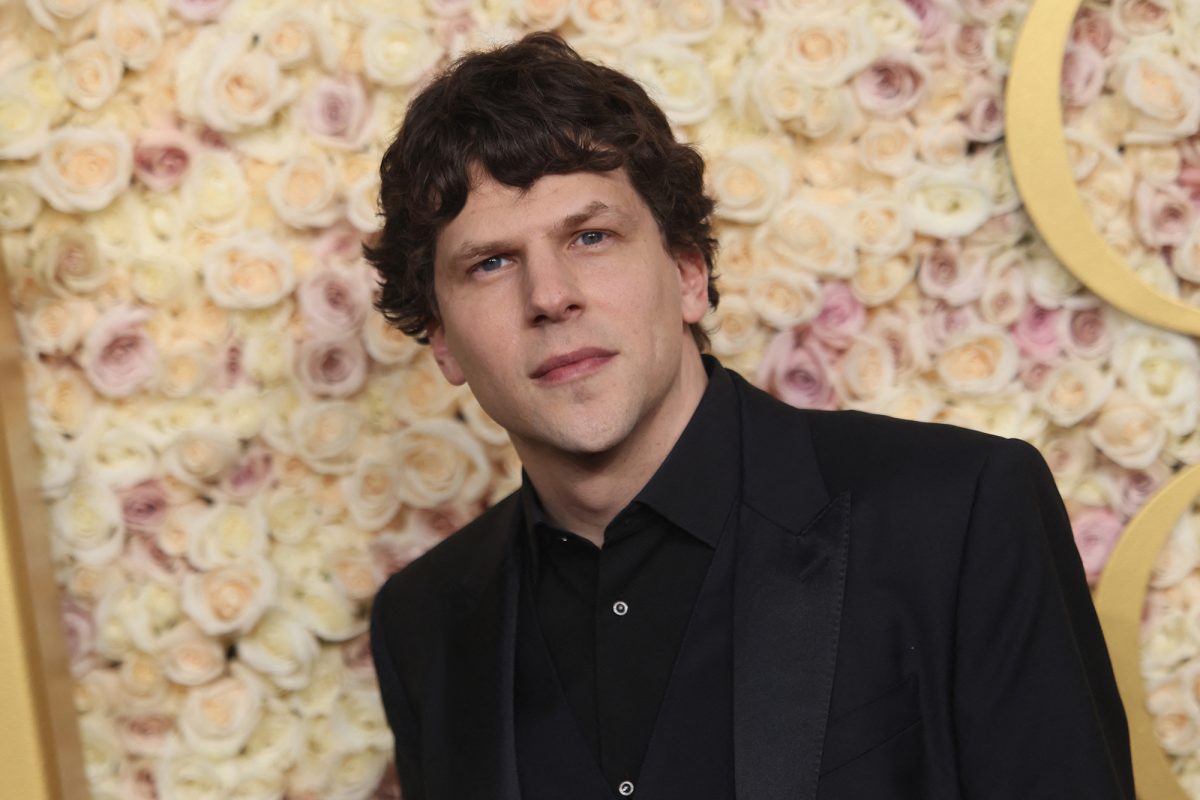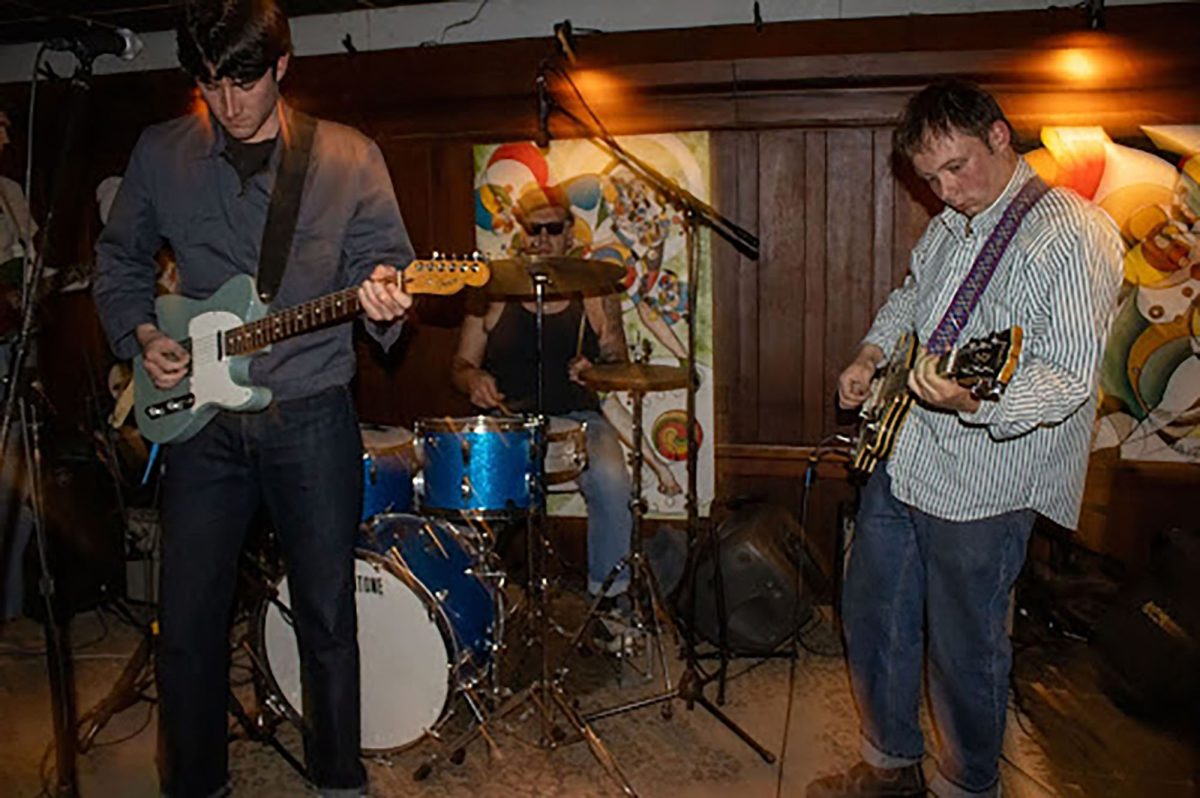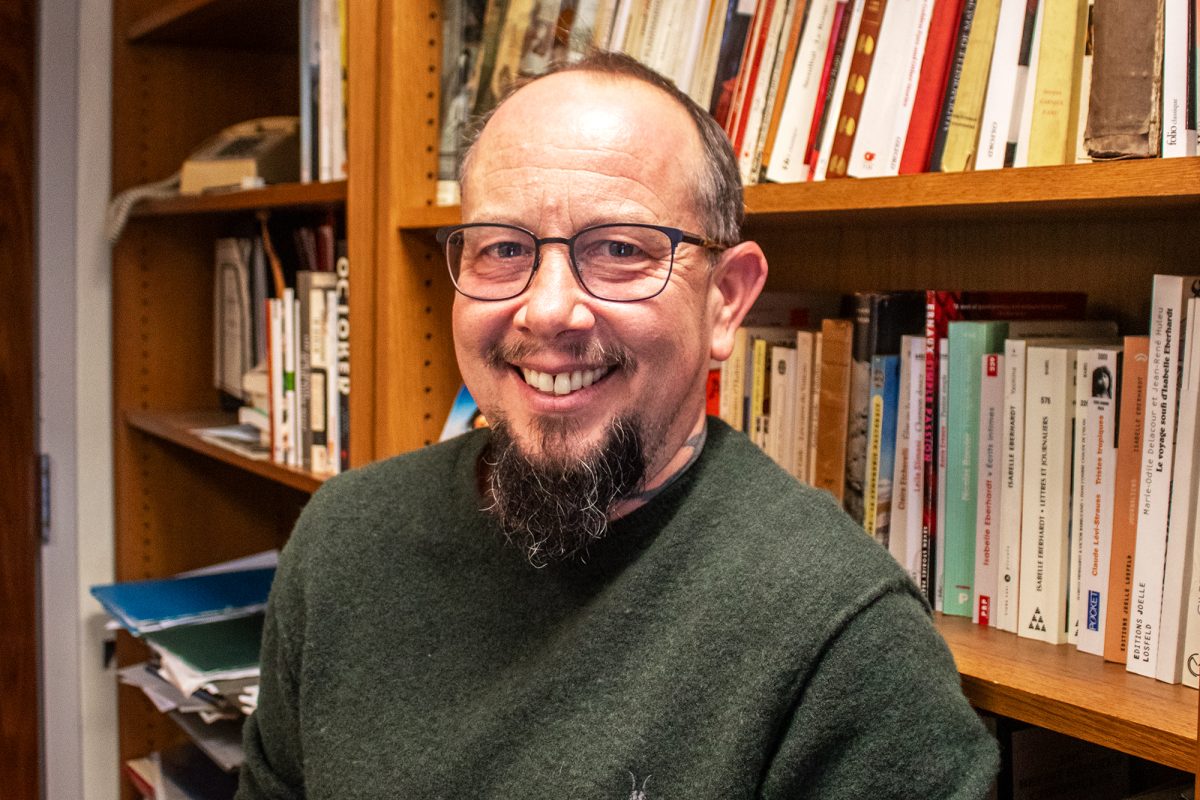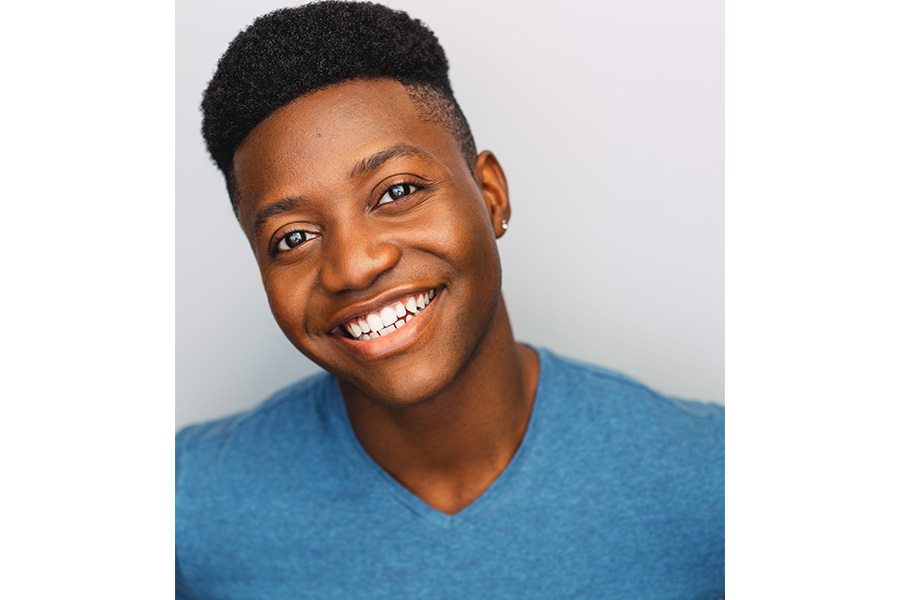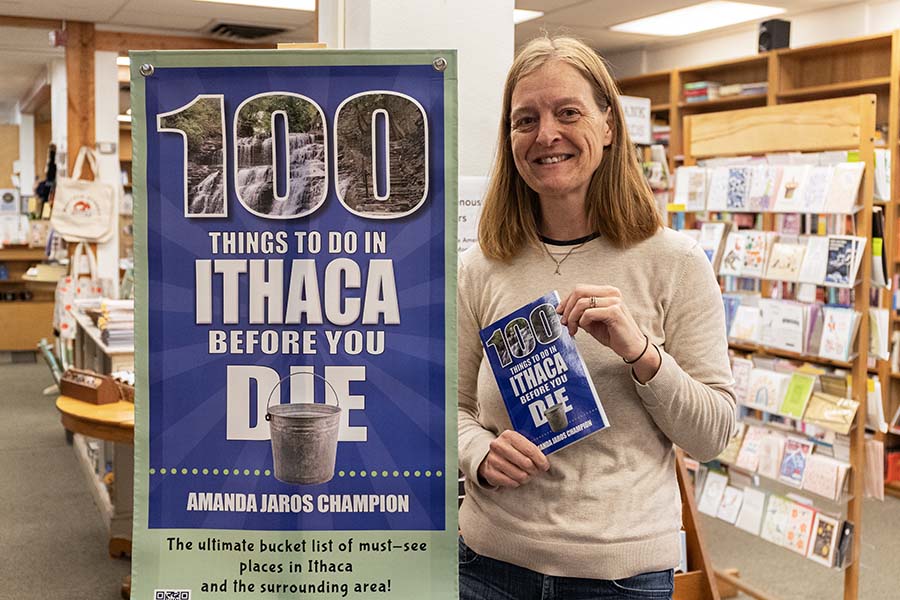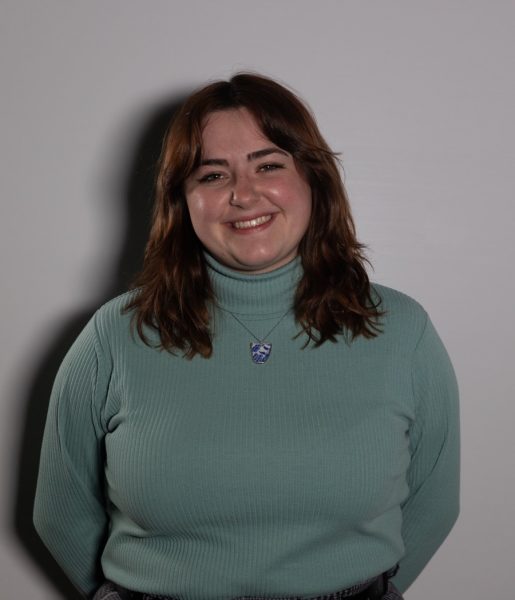Elaine Martone ’79 recently was awarded her sixth GRAMMY award for Producer of the Year in classical music. This award specifically recognizes a producer for nine albums that they have produced for in a calendar year, spanning between October and September, and is an award for a collection of high quality music, rather than one for a specific album. Martone has been in the music industry for 44 years, and after 12 GRAMMY nominations, continues to learn and explore the music industry.
Life and culture editor Molly Fitzsimons spoke with Martone about the GRAMMY awards, changes she’s noticed in the music industry over the years and what she is planning on working on next. Martone was an oboe performance major at Ithaca College and went on to work at Telarc Records before working as a freelance producer for festivals and orchestras.
This interview has been edited for length and clarity.
Molly Fitzsimons: Could you walk us through some of the different roles you’ve taken on, for example, your roles as a producer and some of your administrative roles?
Elaine Martone: I started working at Telarc [Records], which was a classical recording company, then got into jazz later in August of 1980. I started just cleaning up test pressings and organizing things and I quickly realized that I did not want to do sort of a traditional 9-to-5 job, but I actually loved music production and that I wanted to be a record producer. I went from being production manager to sort of running the production department and because it was a really small startup company, I could do that. So I ran a department of 12 people and that lasted from 1980 to when we sold our company in 2005 and in March 2009, the company that bought us got rid of 40 to 50 of us, including my husband who was one of the co-founders of Telarc and me. Then I found myself in my early 50s without gainful employment.
So since 2009, I’ve been an independent record producer and I’ve also produced music festivals. One of them was called Spring for Music and it was out of Carnegie Hall. Then I also produced with Tom Morris as artistic director of the Ojai Music Festival, which is out in California. It’s been going on now for over 75 years and I produced it from 2012 to 2019. In that position, I learned all kinds of things about music production and content production and festival production that I had no idea of as a record producer, same in Spring for Music. Spring for Music, being the producer of that was like getting a degree in orchestral sort of administration. I got to see how a lot of different orchestras functioned internally by working with them to bring them to the festival. We had six orchestras in a week at Carnegie Hall. So both of those were super, super fun.
MF: So, besides the shift to digital, is there anything else you’ve noticed that’s changed over your 44 years in the music industry?
EM: Some of what I would say is we learned some things in the pandemic that were really useful. I mostly do classical music. I also do mainstream jazz, but mostly classical music, especially these days, and all kinds of classical music, orchestral music, chamber music, solo music, new music. And I love doing it. I think there’s been a shift in kind of making more event driven classical music concerts as opposed to just, “that was a nice concert.” Classical music has always been a little bit late to the game in terms of embracing techniques that people use in other genres, even the lighting game has been upped in classical music. I think in terms of production values, there’s more. Things like the Berlin Digital Concert Hall, that I think The Cleveland Orchestra is doing a really good job having their own platform called Adella where people can watch things online and really, you get more of a view into the insides of an orchestra when you’re watching how a violinist is actually doing the bowing and fingerings or so forth, or how when players are breathing. I think it’s a really interesting shift into more hardcore production values. That there’s more of a feeling of really being involved in the production instead of just going to another concert.
MF: Were there any notable mentors or influences that shaped you through your musical experience?
EM: One of the reasons I’m in Cleveland is because I loved The Cleveland Orchestra and I specifically loved an oboe player in The Cleveland Orchestra named John Mack. He’s gone now, he was the principal oboist for many years, though, and I loved his sound. And when I discovered that, which was my junior year at Ithaca [College], I knew that that was what I wanted to play like. That’s one reason I came to Cleveland, so I would say that was a very strong influence. But recordings also were a strong influence for me. So John Mack was one of my major influences and then The Cleveland Orchestra sound was another real influence. What I love about The Cleveland Orchestra still to this day, is the blend and the way the musicians interact and form this beautiful cohesive singing sound. It’s a product of many, many years, not only being the finest at their crafts, but also listening together and developing this beauty. So that’s something that’s influenced me because I am a musician and understand how classical instruments could, would, should sound. As a producer, I’d say my main inspirations and influences were Bob Woods, who is my husband. He was a great orchestral music producer and he has 13 Grammys. Another really influential person as a producer who I never met was George Martin, the Beatles producer, because it’s such amazing, inventive and creative work and he was considered the fifth Beatle. I’ve also been highly inspired by Tommy LiPuma, who was a jazz producer who worked with Diana Krall and some other people.
MF: So I know you’ve been mentioning that you work in classical and in jazz. I was wondering how the creative process for you differs between the two.
EM: So you know, jazz music is music that has been passed down, in some ways it’s learned and often there are no charts and I don’t read chord changes and I don’t have perfect pitch. So jazz producing I rely on the artists knowing what they’re doing. I also feel like I know when the groove is right. And sometimes the groove is as simple as changing the tempo a teeny bit up or down. So you’re not really reading music with producing jazz. When I’m producing classical [music] I have the score in front of me. And I’m reading the notes and telling somebody exactly what measures to go back and fix something. If I’m doing jazz, I just say we need to do the head again or we need the intro again or we need the outro again, or let’s do a whole other take of it to see what else we get. But when I’m doing classical, I’m much more specific about measures and notes because I have the score which equals the roadmap in front of me.
MF: So how do you feel your first Grammy wins until now with your six have impacted your career and what artistic approaches you’re willing to take?
EM: After I won my first few GRAMMYs, more people sought me out to be the record producer. When you win Grammys, you don’t necessarily get any more money but people, especially boards and your ensembles, like to see GRAMMYs on their artists’ shelves. Winning an award doesn’t really change you in a way; it’s a lovely accolade, and I’m very honored and excited. My work remains the same; I always have the intention of doing excellent work. I usually say that at the beginning of a recording session like, ‘We’re here to create excellence. Everybody on board with that? Yes? Okay, off we go.’ I love that I get to create with people or co-create, it’s the best. You’re right in the moment. You’re no place else, you’re right there and you’re pulling for what’s happening. It’s so much fun. I don’t think anything about my approach has changed.
MF: What are you hoping to do next? And is there anything musically you’d still like to achieve?
EM: I think I’ll probably do another five to 10 records this year. I have some Cleveland Orchestra productions that are in process or we will be starting up in the next couple of weeks, which was great. I think we’re doing audio only recordings this year, which is really fun. I love working with them. I love working with Franz Welser-Möst, most fantastic conductor. I have a bunch of young people I’m working with which is tons of fun people starting out, so people at all different stages of their career. Ultra cool. I feel it keeps my ears fresh. It keeps my outlook fresh. I have a little bit of an idea in my back pocket of starting some kind of consortium of producers, where we all kind of sit around a table or out in the forest or something and talk about our practices and what we’ve learned. So, I would like doing that, there is no format that I know of that, that currently happens, and also I really love mentoring people and I feel like it’s paying forward all the stuff that I’ve learned over my 44 years in the business. I like working with young people and kind of giving them a leg up because I think it’s really hard to get established these days.


